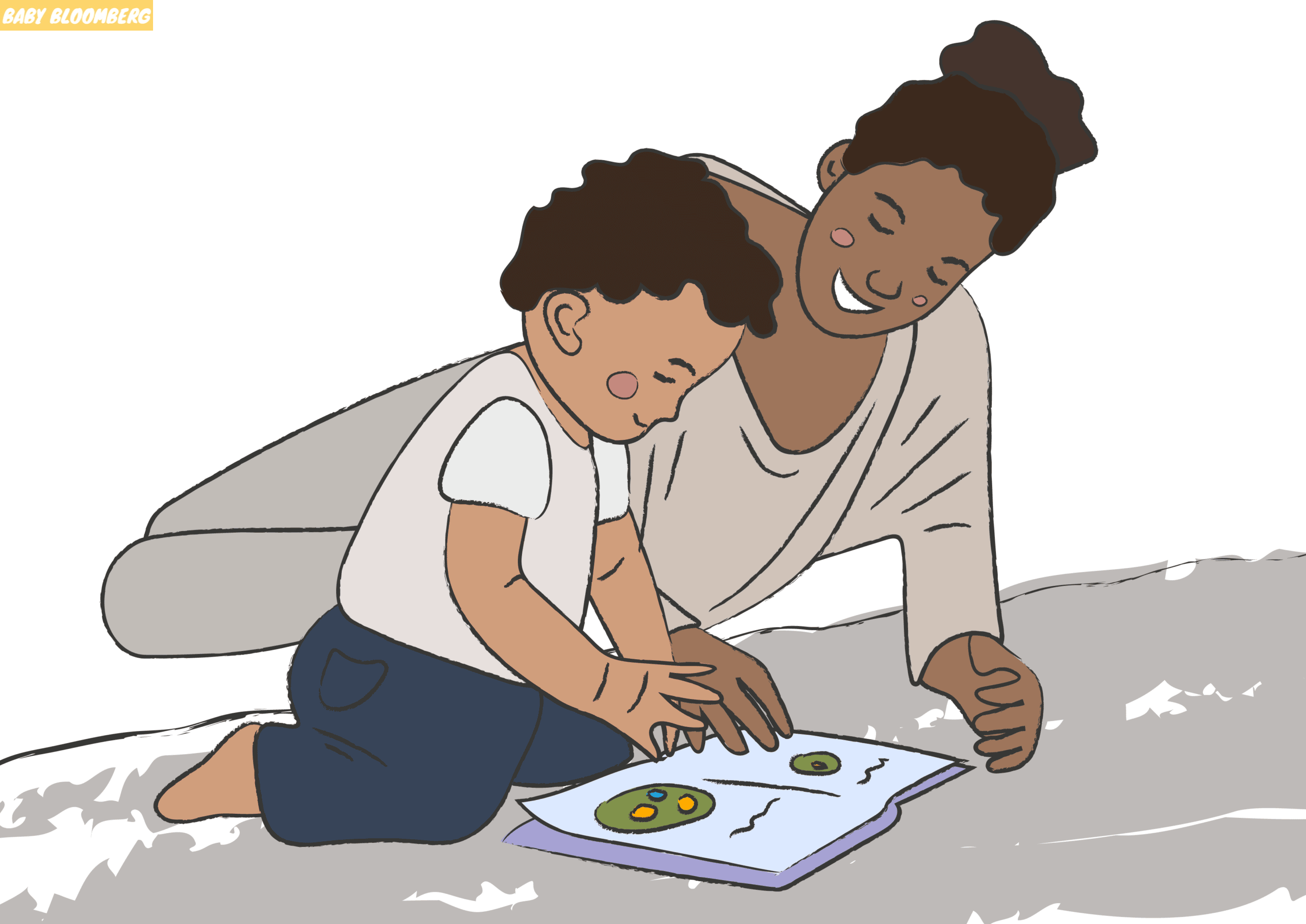In modern America, the parenting style that is highly encouraged and widely supported is the authoritative style. This particular style is known for its unique blend of setting clear expectations, providing structure and limits, all the while allowing room for autonomy and independence. Authoritative parents play an active and engaged role in their children’s lives while also fostering open communication and dialogue. Extensive research and studies have consistently demonstrated the positive outcomes associated with the authoritative parenting style. Children raised by authoritative parents tend to develop into independent, self-confident individuals who are more likely to achieve success in various aspects of their lives. This parenting approach emphasizes the importance of balance, where children have guidelines and boundaries, yet also have the liberty to explore and make their own choices.
The Negative Consequences of Permissive Parenting
Permissive parenting, which involves granting children unlimited freedom without implementing punishment or restrictions, is widely discouraged in modern America. This style of parenting often fails to provide the necessary structure and guidance that children require for optimal growth and development. While permissive parenting may initially seem appealing as it allows children to have unrestricted freedom, it can lead to a variety of negative consequences.
Lack of Structure and Discipline
One of the key drawbacks of permissive parenting is the lack of structure and discipline. Without clear guidelines and boundaries, children may struggle to understand appropriate behavior and societal norms. This can lead to confusion and difficulty in navigating social situations both during childhood and later in life.
Limited Accountability
When children are not held accountable for their actions, they may struggle to develop a sense of responsibility and accountability. Permissive parenting typically avoids punishment or consequences, resulting in children who may lack the motivation to take responsibility for their actions. This can lead to a sense of entitlement and an inability to deal with the consequences of their choices.
Impaired Emotional Development
The permissive parenting style often focuses on indulgence and meeting immediate desires. While this may result in temporary happiness for the child, it can hinder their emotional development. Children raised in permissive households may struggle with delayed gratification, managing emotions, and developing resilience. These skills are crucial for navigating the challenges and setbacks that inevitably arise in life.
The Advantages of the Authoritative Parenting Style
Parental involvement and careful consideration of the chosen parenting style have significant and long-lasting effects on children’s mental and physical well-being. The authoritative parenting style, often described as democracy within the family, supports the development of crucial life skills. By setting clear expectations and boundaries, authoritative parents provide a framework that helps children understand appropriate behavior and societal norms. This structure enables children to develop self-discipline and self-control, essential traits for success in both personal and professional realms.
Building Self-Discipline and Self-Control
Children thrive in environments where they understand their parents’ expectations and have clear boundaries. The authoritative parenting style helps children develop self-discipline and self-control by providing consistent guidance and enforcing appropriate consequences. When children understand the reasoning behind rules and consequences, they are more likely to internalize values and take responsibility for their behavior.
Fostering Open Communication
Open communication is a cornerstone of the authoritative parenting style. By actively encouraging dialogue with their children, authoritative parents create a safe and secure environment where children feel comfortable expressing their thoughts, feelings, and concerns. This open communication helps children develop essential social skills, including effective communication, active listening, and conflict resolution. These skills are invaluable in building meaningful relationships and navigating the complexities of the modern world.
Emphasizing Independence and Autonomy
Unlike the controlling nature of authoritarian parenting, authoritative parents value their children’s individuality and support their pursuit of personal interests and goals. This approach fosters a sense of self-confidence and self-efficacy, allowing children to explore their potential without feeling overly burdened or restricted. The authoritative parenting style recognizes the importance of allowing children to make their own choices and learn from the consequences of those choices, contributing to the development of well-rounded and independent individuals.
Teaching Accountability and Responsibility
While the authoritative parenting style places a strong emphasis on understanding and teaching rather than punishment, it does not negate the importance of discipline. Consequences and restrictions are utilized as learning opportunities, helping children develop a sense of accountability for their actions. By focusing on the reasoning behind rules and consequences, children learn to internalize values and take responsibility for their behavior. This approach prepares them for the challenges and opportunities they will encounter in life.
The Importance of Parenting Style Selection
In modern America, the authoritative parenting style is highly encouraged due to its proven positive effects on children’s development. By providing a balanced environment that combines structure and independence, authoritative parents prepare their children for the challenges and opportunities they will encounter in life. This parenting approach cultivates the necessary skills and attributes that lead to successful and well-adjusted individuals.
Parenting style selection is a crucial decision that has profound and lasting effects on children’s mental and physical well-being. It is important for parents to evaluate their own beliefs, values, and goals, as well as consider the individual needs and temperament of their children. While the authoritative parenting style is widely recognized as an effective and beneficial approach in modern America’s parenting landscape, it is essential for parents to find the balance that works best for their unique family dynamics.
Conclusion
In modern America, the authoritative parenting style is the most encouraged and widely supported approach. This style encompasses clear expectations, structure, and limits, while also allowing for autonomy and independence. The authoritative approach fosters open communication, creates a structured environment, and values independence, leading to the development of self-confident, independent, and successful children. The careful selection of parenting style has significant and long-lasting effects on children’s mental and physical well-being. By choosing the authoritative parenting style, parents set their children up for success by providing a balanced environment that combines structure and independence. This parenting approach cultivates the necessary skills and attributes that lead to successful and well-adjusted individuals.











